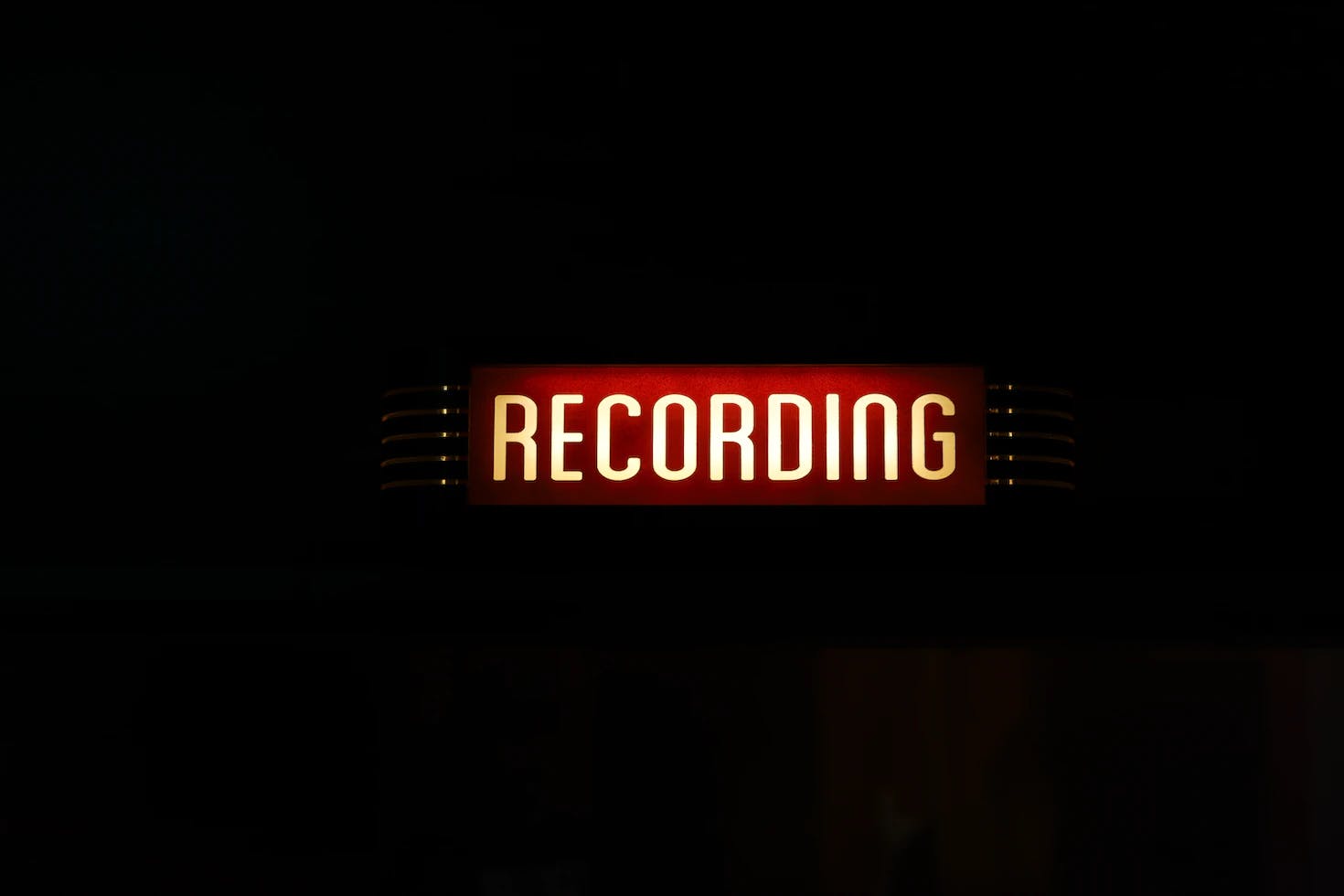How to Change Your Etsy Shop Name: Step-by-Step Guide and Tips
Learn how to change your Etsy shop name with this easy guide. Find out the steps, tips, and common questions answered.

If you've spent any time on social media, chances are you've come across a meme. Memes are a ubiquitous part of online culture, used to express everything from humor to political commentary. But what exactly is a meme, and where did they come from? In this article, we'll explore the origins and evolution of memes, as well as their cultural impact in the digital age.
The term "meme" was first coined by evolutionary biologist Richard Dawkins in his 1976 book The Selfish Gene. Dawkins defined a meme as "an idea, behavior, or style that spreads from person to person within a culture". In other words, a meme is a unit of cultural transmission, similar to a gene in biological evolution.
The first internet memes can be traced back to the early days of online message boards and forums in the 1990s. These early memes were often simple images or text-based jokes that spread virally through the internet. One of the earliest and most well-known internet memes is the "Dancing Baby", a 3D animation of a baby dancing that was popularized in the late 1990s.
As the internet evolved and social media platforms like Facebook and Twitter became more prominent, memes began to take on a life of their own. Memes became more complex and varied, with the rise of image macros, which are images with humorous captions overlaid on top. Image macros are now one of the most popular types of memes, and are often used to comment on current events or pop culture.
In recent years, memes have become more self-referential, with "meta-memes" that comment on the nature of memes themselves. For example, the "This Is Fine" meme, which features a cartoon dog sitting in a burning room and saying "This is fine", has become a popular way to comment on the absurdity of internet culture.
While memes are often dismissed as frivolous or silly, they have had a significant cultural impact in the digital age. Memes are a form of digital literacy, allowing people to express complex ideas in a concise and accessible way. Memes are also a form of cultural currency, with certain memes and formats gaining widespread recognition and acceptance.
Perhaps most importantly, memes have the power to shape cultural narratives and influence public opinion. Memes have been used to comment on political issues and to organize political movements, with the Arab Spring being a notable example of the power of internet memes to effect real-world change.
Memes are a fascinating and important part of digital culture. From their origins in online message boards to their current status as a cultural phenomenon, memes have evolved and adapted to the changing landscape of the internet. As memes become more ingrained into our daily form of communication, we are uniquely positioned to understand and appreciate the cultural significance of memes, and to continue their evolution in the years to come.
Discover the latest expert tips and tricks on mastering social media strategies, honing your photing editing skills, and unleashing your creativity
Learn how to change your Etsy shop name with this easy guide. Find out the steps, tips, and common questions answered.

Learn how to crop an image in Word with this simple guide. Discover various methods and tools to get the perfect crop.
Learn how to create a YouTube channel with this step-by-step guide. Get started today and share your content with the world.
Learn how to make big text in Discord quickly with easy-to-follow steps. Discover how to enhance your messages and make them stand out using simple tricks.
Discover effective strategies on how to get views on TikTok. Learn tips and tricks, from leveraging trends to optimizing your videos, to maximize your TikTok presence.

Learn how to screen record on your computer, phone, or tablet with this step-by-step guide. Perfect for recording tutorials, gaming, and more.
Everything you need to make your photos stand out with our free photo editing tools